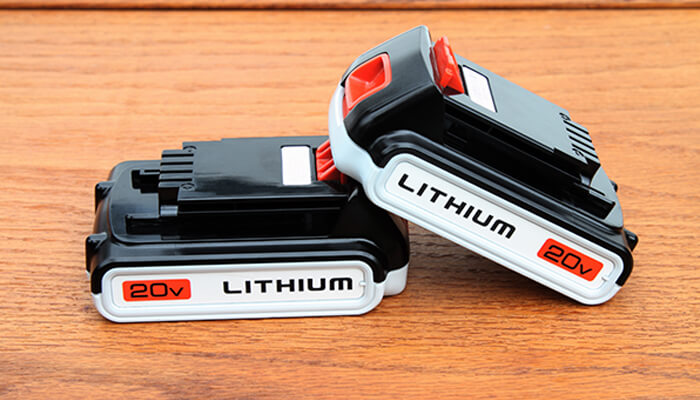Introduction
In the world of boating, reliable and efficient battery power is critical for a successful and safe experience. B2B businesses that operate boats for commercial purposes, such as fishing and transportation, need batteries that can provide long-lasting power while being safe and cost-effective. In recent years, lithium batteries have surpassed old lead-acid batteries as the preferred power source for boats.
Efficiency and Longevity
Lithium batteries can store substantial energy in a comparatively small container due to their high energy density. This makes them a fantastic option for boats with limited stowage space.
Additionally, lithium batteries have a longer lifespan than traditional lead-acid batteries. While lead-acid batteries may need to be replaced every few years, lithium batteries can last up to 10 years, reducing the need for frequent replacements and lowering maintenance costs.
Safety
One concern with traditional lead-acid batteries is the potential for leaks and spills. Lithium batteries, on the other hand, are much safer and more reliable. Because of their construction, they cannot leak and provide less fire hazard on boats than conventional alternatives.
Cost-effectiveness
Although the initial investment in lithium batteries exceeds lead-acid batteries, the latter offers significant savings over time.
With their longer lifespan and higher efficiency, lithium batteries require less maintenance and replacement, reducing overall costs for B2B businesses that rely on boats.
Lithium Batteries for Boats
While lithium batteries for boats were only mentioned incidentally, it is essential to note that they have been specifically designed for use in marine environments. They can withstand the corrosive effects of seawater and recharge more quickly than standard batteries because of their higher charge acceptance rate.
Increased Productivity
They can withstand the corrosive effects of seawater and recharge more quickly than standard batteries because of their higher charge acceptance rate.
Additionally, remote work allows employees to work during their most productive hours, whether early in the morning or late at night.
Cost Savings
Remote work can also lead to cost savings for B2B businesses. Businesses that can do without conventional workplaces save money on rent, energy, and other overhead costs.
Additionally, remote work can help attract and retain talent, saving money on recruiting and training costs.
Improved Work-Life Balance
Remote work can provide B2B employees with a better work-life balance. Staff members who can operate from home save time and money by avoiding daily commutes.
This can increase job satisfaction, improve retention rates and reduce turnover costs for B2B businesses.
Conclusion
In conclusion, remote work can provide numerous benefits for B2B businesses, including increased productivity, cost savings, and improved work-life balance for employees. While the transition to remote work may have been challenging initially, many companies have discovered that it can lead to a more profitable and efficient operation in the long run. By embracing remote work, B2B businesses can attract and retain top talent while reducing costs and improving overall productivity.
B2B businesses that operate boats can benefit significantly from switching to lithium batteries. These batteries offer higher efficiency, longer lifespan, improved safety, and cost savings in the long run. Additionally, lithium batteries have been specifically designed for marine use with their resistance to saltwater and faster recharge rates. Businesses-to-business can benefit from safer and more efficient boat operations by installing lithium batteries.




